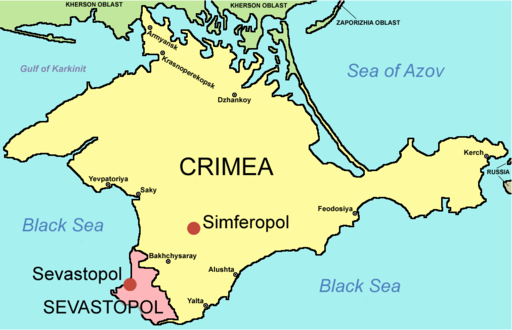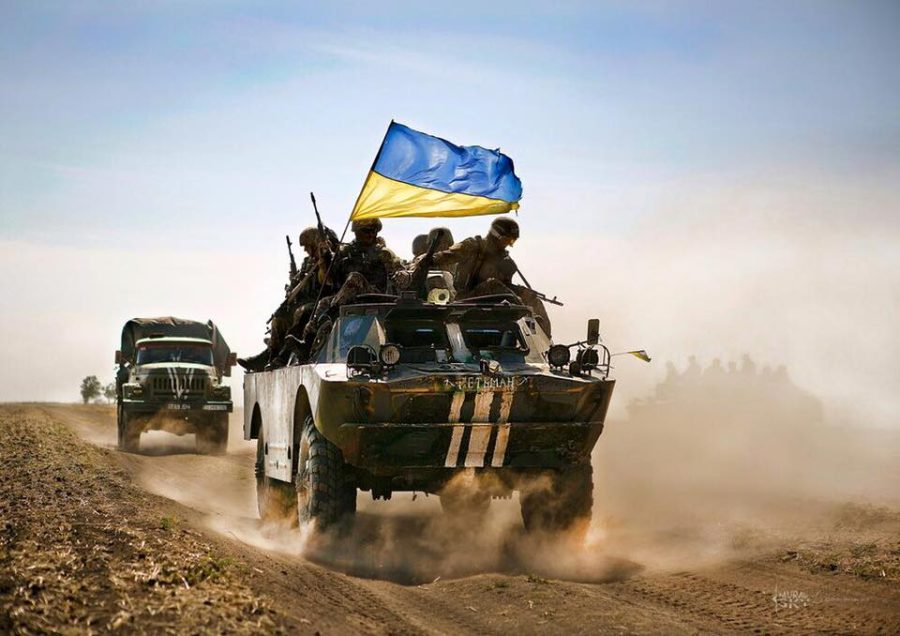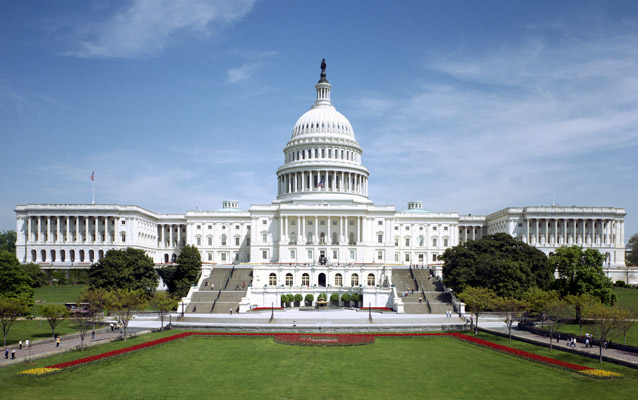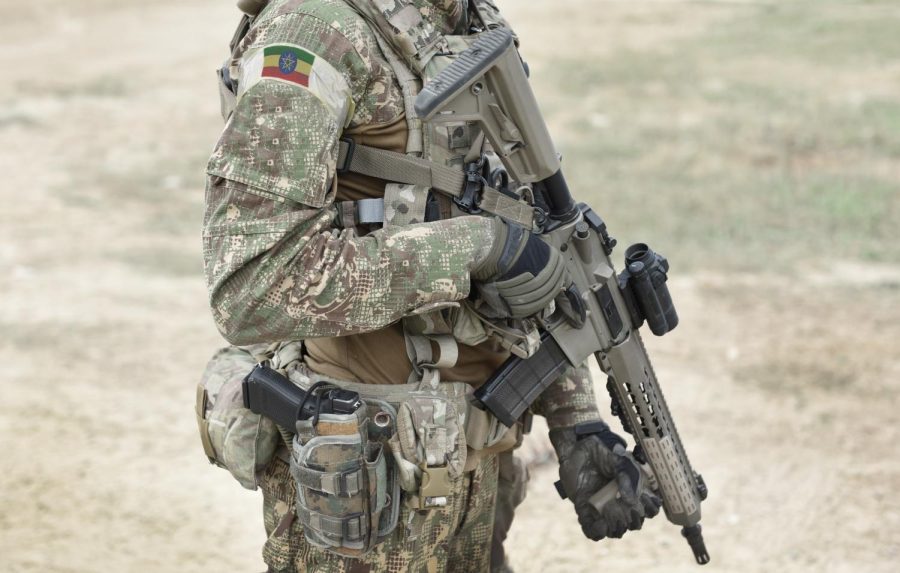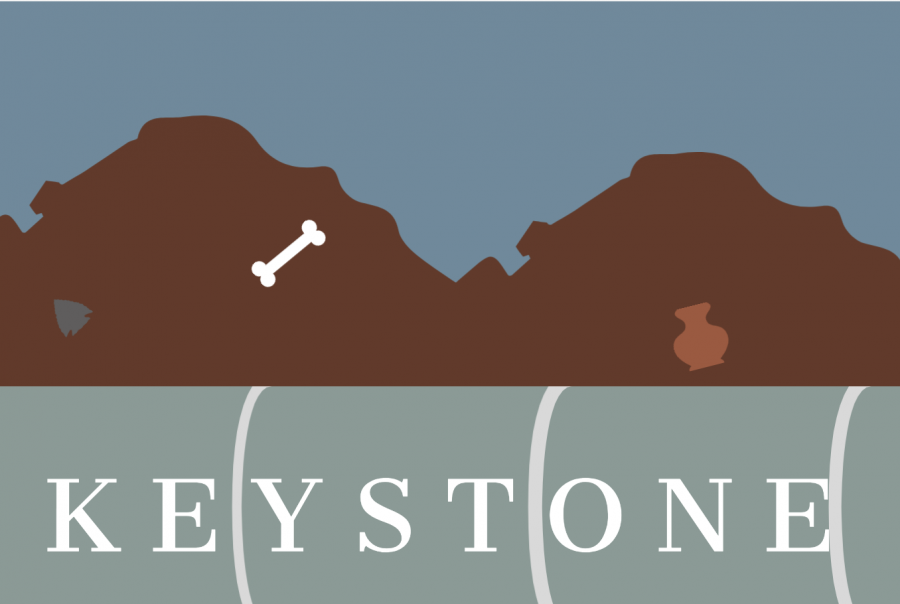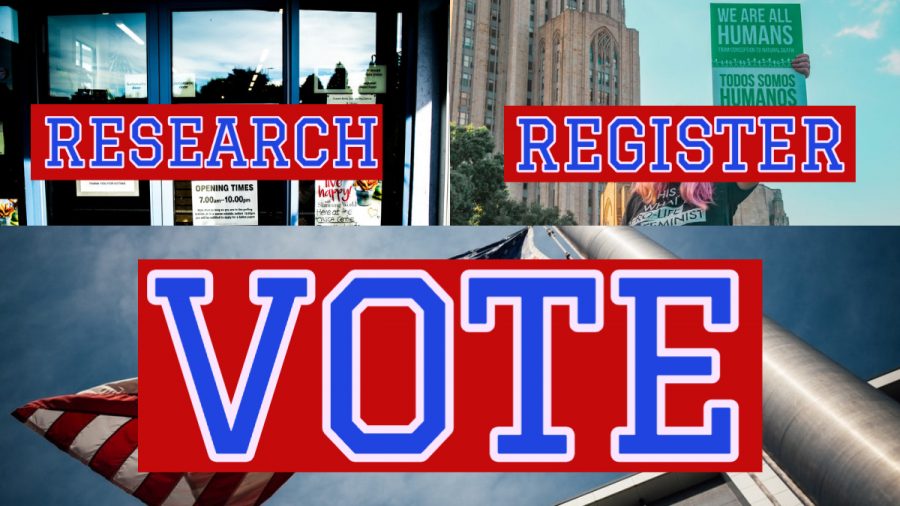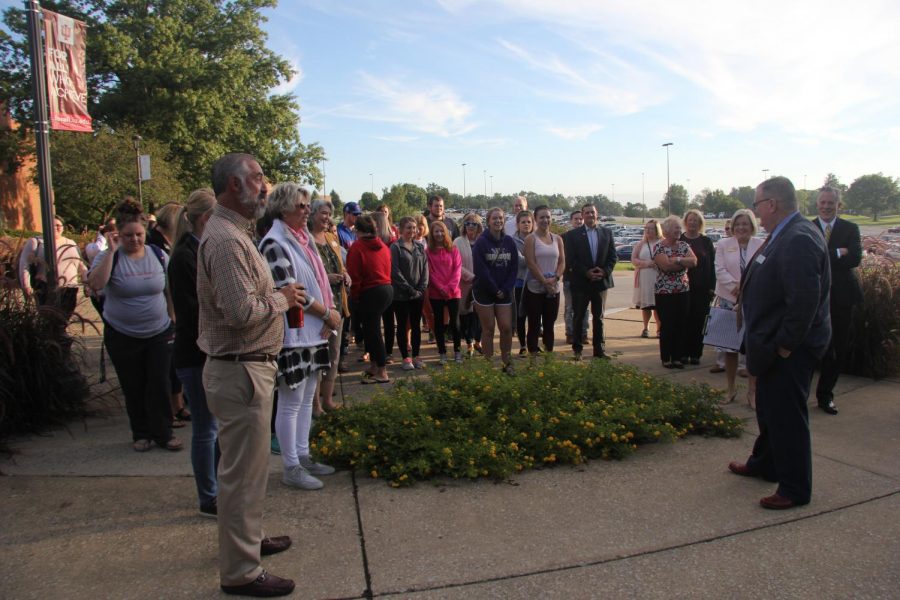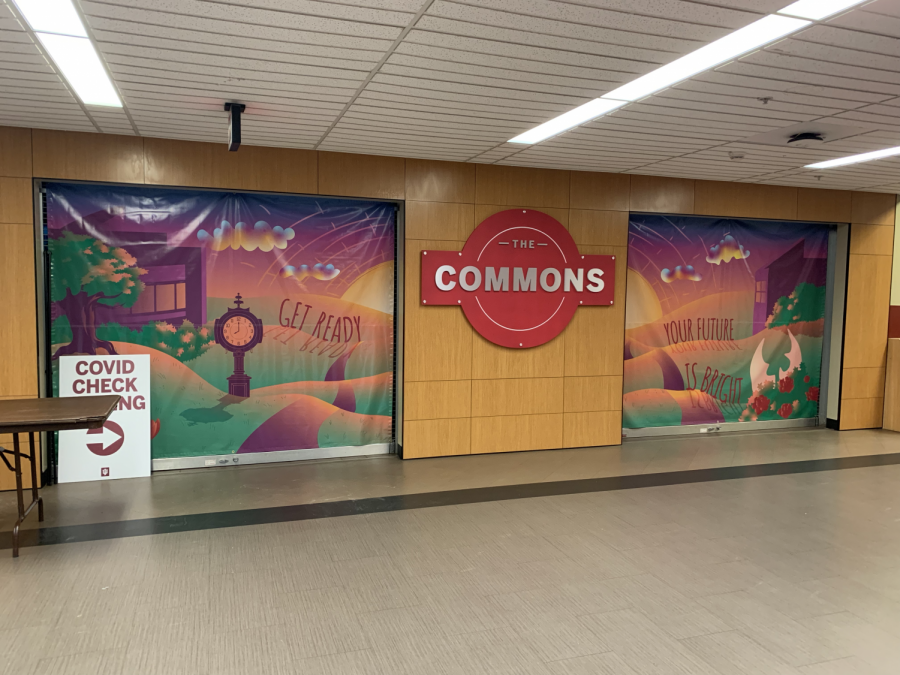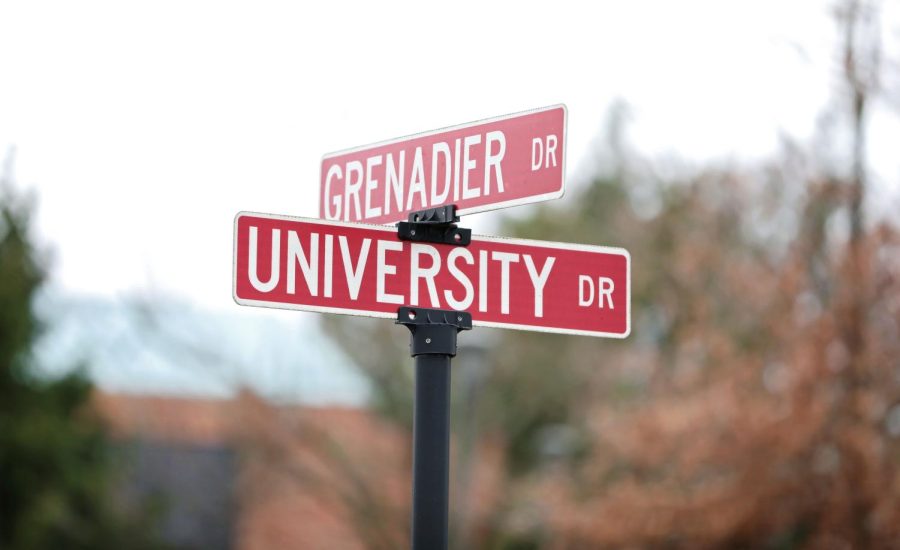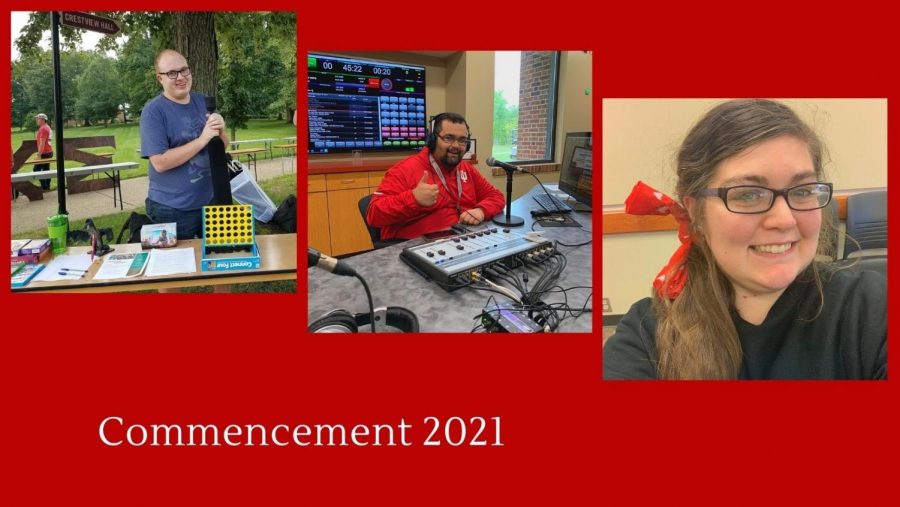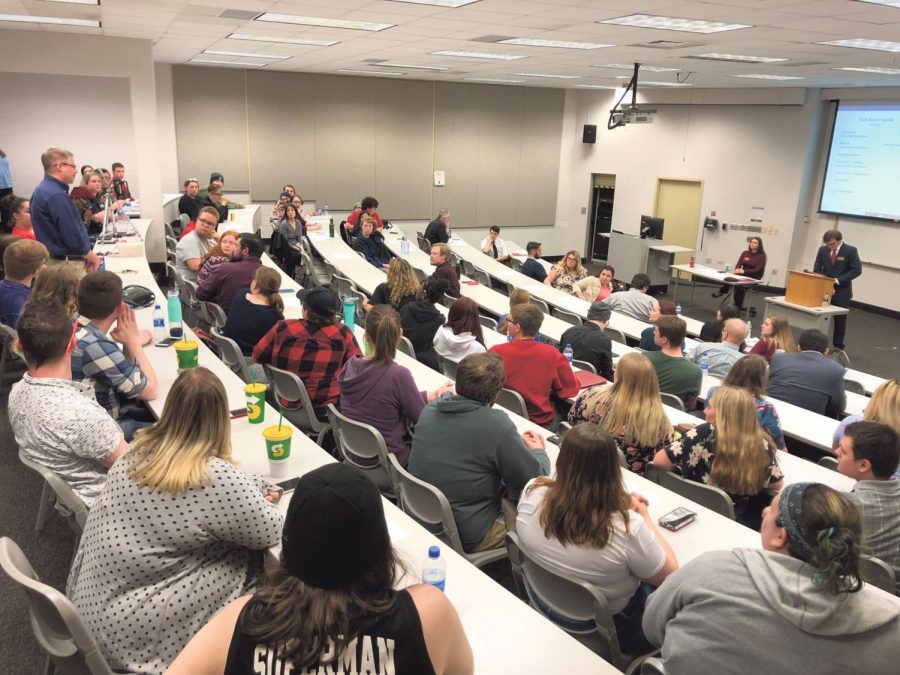Tensions mount in the Ukraine as Russian forces have effectively taken over the region of Crimea. Russian troops and pro-Russian militias have taken over Ukrainian military bases, airports, roads, and even television stations.
The takeover is a result of the ousting of former President Viktor Yanukovich, who fled the Ukraine after protesters took control of Kiev, the capital of Ukraine located in the north central part of the country, on Feb. 21.
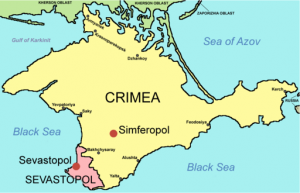
Yanukovich’s administration has been called a “kleptocracy” because of alleged corruption involving using government money to create a personal fortune. These allegations along with his closeness to Moscow led many pro-western Ukrainians to seize several government buildings in Kiev and demand new leadership that is more in-line with western European democracies.
The situation in Kiev prompted the pro-Russian supporters in the eastern part of Ukraine in Crimea to rally against the new Kiev administration. According to Aljazeera news, pro-Russian armed men seized government buildings on Feb. 27 and on Feb. 28. These men in combat fatigues seized Simferopol International Airport and a military airfield in Sevestopol, the city that harbors Russia’s Black Sea Fleet.
As the situation in Crimea began to deteriorate, Russian leaders have made the decision to essentially invade Crimea, which it sees as essential to its military interests as well as its economic interests.
However, as Regina Smyth, associate professor of political science at IU Bloomington and author of “Candidate Strategies and Electoral Competition in the Russian Federation: Democracy without Foundation,” said, she thinks Putin might not have anticipated this level of aggression from the pro-Russian protesters.
“I think the Russian Nationalists in Crimea were encouraged to agitate by Mr. Putin and then went way beyond what he had anticipated,” said Smyth. “He wanted them on the streets, but he didn’t want them taking over administration buildings and declaring independence.”
Vladimir Putin may not have anticipated these takeovers, but Russia does have huge interests in the Ukraine as its Black Sea Naval Fleet sits right outside Crimea on a long-term lease in Sevastopol. As Jean Abshire, associate professor of political science at IU Southeast said, the Black Sea Fleet is not going anywhere, neither are the military bases posted in and around Crimea.
“Russian bases are critical, strategically and militarily,” said Abshire. “It’s their warm water port. All other ports are frozen in the winter.”
As the conversation continues among the international community of how to handle the situation, Henry Kissinger, former national security advisor under President Richard Nixon, and later secretary of state under President Gerald Ford, recently wrote an opinion piece in the Washington Post in which he warned both sides to be calm and take into consideration what is at stake for each side.
Kissinger said that Putin must recognize that any military takeovers will only help to precipitate another cold war, but at the same time the West must also understand the history between Russia and Ukraine.
“For the West, the demonization of Vladimir Putin is not a policy; it is and alibi for the absence of one,” said Kissinger.
Abshire had something similar to say on the issue.
“It would be naïve and foolish on the part of Western policy makers to ignore the relationship between Russia and the Ukraine and pretend that it doesn’t exist,” said Abshire. “Russia sees the Ukraine as vitally and integrally connected even if it is a separate and neighboring state. And that is not going to change.”
Not only is Crimea closely connected to Russia, but it used to be part of Russia until 1954 when Ukrainian born and Premier of the Soviet Union, Nikita Khrushchev awarded it to the Ukraine as part of a 300 year agreement with the Cossacks who see themselves as “defenders of Mother Russia.”
A referendum considered by most in the international community as “illegitimate” is set for March 16 in which citizens in Crimea will vote on whether or not to break from Ukraine and become part of Russia. Russian officials in the Kremlin have stated that if the people vote to break away from Ukraine, they will enforce the decision. However, Abshire thinks this is unrealistic.
“There is not a lot of tolerance in the international community for states changing borders,” said Abshire. “ And I think as long as Russia keeps its ports, they can live with the status quo. So having Crimea as part of Russian territory isn’t that essential.”
Western leaders continue to urge restraint on the part of the Ukrainian military until the diplomatic leaders can resolve the situation. As military intervention by the West seems unlikely, talk of sanctions against Russia seem to be the short-term answer and continuing talks between the sides seek to solve the problem.
Smyth said diplomacy is the best case scenario.
“I think the best possible outcome is that things in Western Ukraine quiet down,” said Smyth. “And the Europeans send a peace-keeping force into Crimea and let things play out.”

